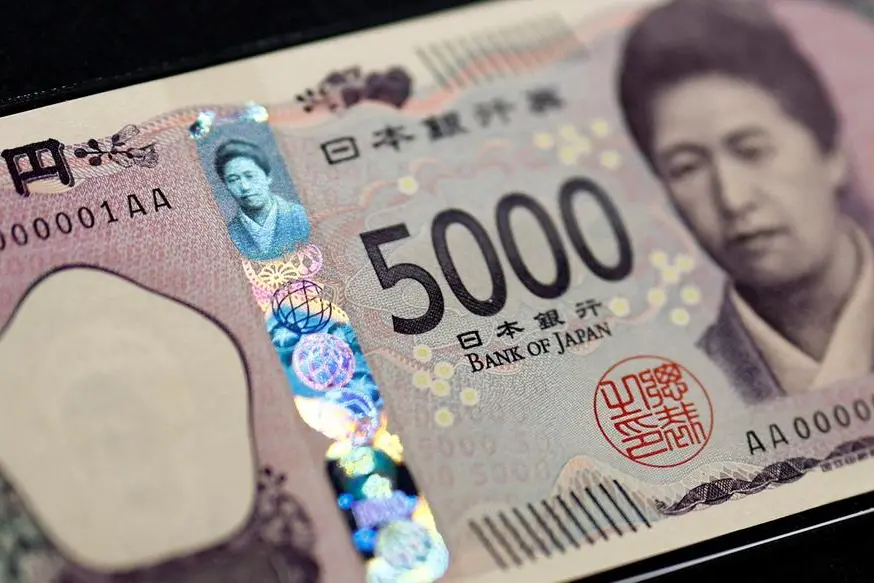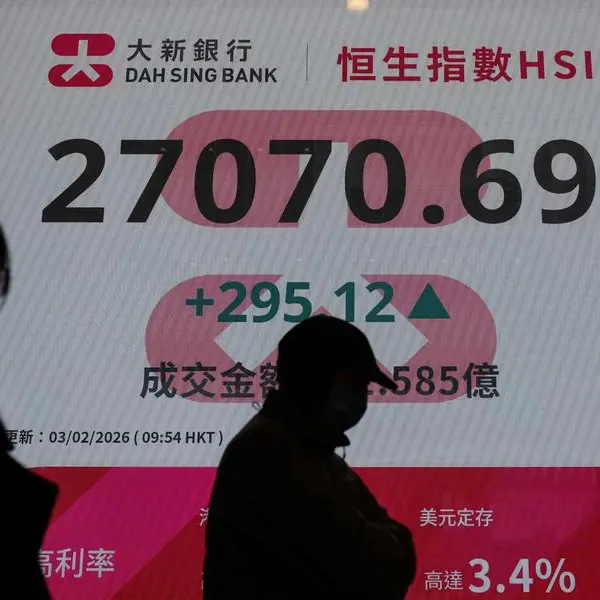PHOTO
TOKYO - Japan's budget demands hit a record for the next fiscal year, exceeding $800 billion, the finance ministry said on Wednesday, as the world's No. 4 economy struggles to slow spending and as debt-servicing costs rise.
A new leadership race could complicate Tokyo's efforts to restore fiscal discipline as voting this month for the ruling party's new leader, and by extension the next prime minister, risks triggering a snap parliament election.
The record 117.6 trillion yen ($811.93 billion) budget requests come as the Bank of Japan shifts away from its decade-long stimulus programme.
That means the government can no longer rely on ultra-low borrowing costs and on the central bank to effectively bankroll debt.
The assumed interest rate would increase to 2.1% for the year starting in April from the current year's 1.9%, boosting debt-servicing costs for interest payments and debt redemption to 28.9 trillion yen from 27 trillion yen for the current year, according to the finance ministry.
Government ministries were allowed to request unspecified amounts of money for measures to expand childcare and mitigate rising prices, which would lift budget demands.
Japan, saddled with the industrial world's heaviest debt at more than twice the size of its economy, has affirmed its pledge to deliver a primary budget surplus by the next fiscal year.
Fixing tattered public finances has emerged as an oft mentioned topic in the ruling party's leadership election scheduled for Sept. 27.
"An economic package likely to be compiled under the next prime minister, including whether to extend energy subsidies, will show the new leader's stance on fiscal discipline," Hideo Kumano, chief economist at Dai-ichi Life Research Institute, said.
Kono Taro, the digital transformation minister running in the race, described the current fiscal state as an "emergency situation," saying Japan has to regain fiscal discipline.
Another candidate, Takayuki Kobayashi, said he plans to launch a fresh package to ease the pain of rising prices.
"The economy should be prioritised over finance," he said last month.
Toshimitsu Motegi, another hopeful, also said on Wednesday he would want a comprehensive stimulus package to ensure the economy continued to recover.
"With a looming lower house election ahead, calls for more spending could grow," Saisuke Sakai, senior economist at Mizuho Research and Technologies, said. A failure to streamline spending would make it difficult to achieve a primary budget surplus, he added. ($1 = 144.8400 yen)
(Reporting by Takaya Yamaguchi, Makiko Yamazaki and Yoshifumi Takemoto; Editing by Sam Holmes)




















